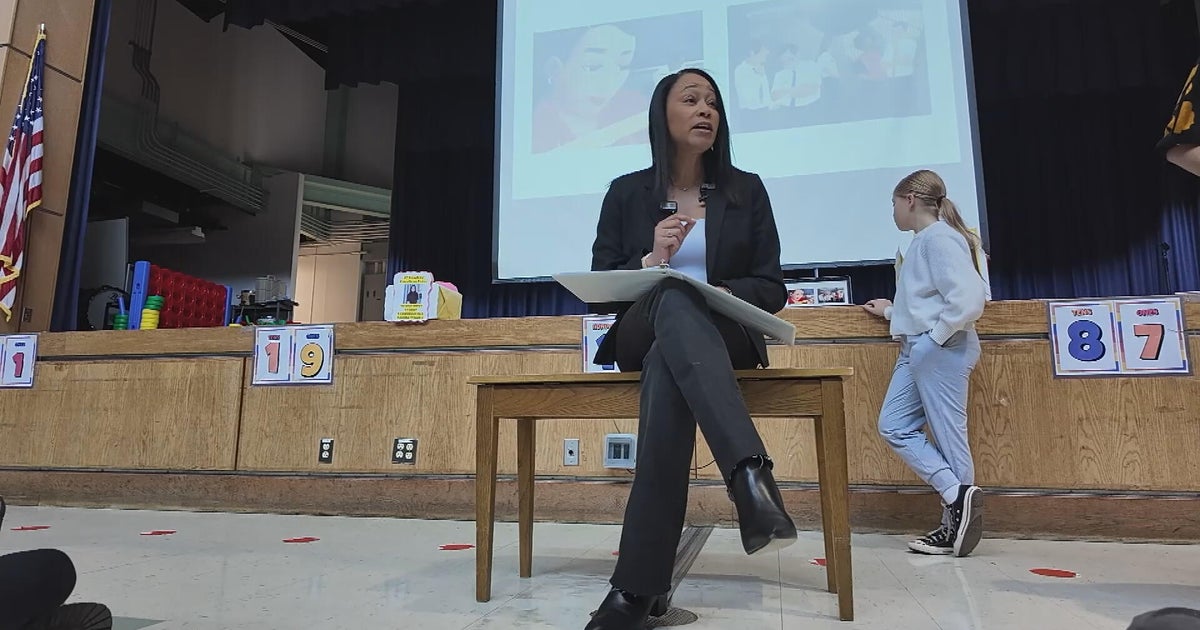School Breakfasts Are One Thing Not On The Table For Cuts
DALLAS (CBSDFW.COM) - Public schools are on the state chopping block. Billions of dollars could be slashed. Thousands of employees could be laid off. And class sizes could be getting larger.
But there is at least one program the federal government wants to expand here in Texas and nationwide: Breakfast in the classroom.
It's become a morning staple at Lively Elementary School in Irving.
Even before students like fourth grader Sophia Escobar start hitting the books, they can pick up breakfast -- already waiting for them in their classroom. Escobar says, "I think it's really good and it gives me energy throughout the whole day."
Principal Pat Notgrass says breakfast boosts student learning and achievement. She says, "I do see a difference. Studies have shown that breakfast in the classroom even reduces the number of early morning visits to the nurse with children complaining of stomach aches. So their brains are fueled and ready to learn."
That's why for the past eight years now, the district has provided breakfast not only in the school cafeterias, but in the classrooms -- to make sure all students -- at 18 of its elementary schools and three early childhood centers can eat it. Notgrass says, "over 80 percent of our students in Irving are economically disadvantaged and our school reflects those numbers and so these children otherwise may not get any breakfast in the morning."
The USDA, which already provides free and reduced lunches and breakfasts in school cafeterias nationwide, is now pushing all school districts to follow Irving's lead, and serve breakfast to all students in class.
Right now in Texas, there are three million students who receive a free or reduced lunch. Those same students are eligible to also receive a free or reduced breakfast as well. The government says part of the problem is, only half of them receive breakfast.
Jesus Garcia of the USDA says there are a variety of reasons that can explain that. He says, "maybe at the home they provide that breakfast for them or maybe they don't get to school on time or arrive too late to participate in a cafeteria breakfast."
Jenna Braddy says breakfast in the classroom has helped her and her second grade daughter. She says, "we don't eat breakfast in the morning. Since they have to be here at 7:30, it saves me time getting them ready and out the door."
The USDA says the money to pay for it comes from the hunger free act, an entitlement program signed this past December.
So why aren't more school districts doing this? Garcia says, "That's the million dollar question."
Besides Irving ISD, Lake Worth and Arlington ISD's have similar breakfast in the classroom programs.







